Get 10% minimum discount on every software.
* Limited time offerSearched for Text Editor
About
18 result
-
Has User
-
Any Duration
-
Any Platform
-
Sort By
Pluma (editor)
Text EditorPluma is a graphical application which supports editing multiple text files in one window (tabs or MDI). It fully supports international text through its use of the Unicode UTF-8 encoding. As a general purpose text editor, pluma supports most standard editor features, and emphasizes simplicity and ease of use.
View features Walk ThroughJOVE
Text EditorJOVE (Jonathan's Own Version of Emacs)[1] is an open-source, Emacs-like text editor, primarily intended for Unix-like operating systems. It also supports MS-DOS and Microsoft Windows. JOVE was inspired by Gosling Emacs but is much smaller and simpler, lacking Mocklisp.
View features Walk ThroughFeatherPad
Text EditorFeatherPad is a free software text editor available under the GNU General Public License version 3+. It is developed by Pedram Pourang (aka Tsu Jan) of Iran, written in Qt, and runs on FreeBSD, Linux, Haiku OS and MacOS. It has few dependencies and is independent of any desktop environment.
View features Walk ThroughVile
Text EditorVile is built from a combination of hand-crafted code and tables processed by a special-purpose program. The predefined information from the tables can be rendered in various ways, including showing the available commands, providing name-completion, etc. In other flavors of vi, the analogous tables are not distinct from the hand-crafted code.
View features Walk ThroughXEmacs
The Next Generation Of EmacsXEmacs is a highly customizable open source text editor and application development system.Its emphasis is on modern graphical user interface support and an open software development model, similar to Linux. XEmacs runs on Windows 95 and NT, Linux and nearly every other version of Unix in existence.
View features Walk ThroughQDevelop
Text EditorQDevelop is a development environment entirely dedicated to Qt4, which requires Qt4, gcc under Linux or MinGW under Windows, possibly gdb for program debugging and tags for code completion. QDevelop runs on Linux, UNIX, macosx and windows systems and is released under the GPL license.
View features Walk ThroughGNU Zile
Text EditorGNU Zile is a text editor development kit, so that you can (relatively) quickly develop your own ideal text editor without reinventing the wheel for many of the common algorithms and data-structures needed to do so.It comes with an example implementation of a lightweight Emacs clone, called Zemacs. Every Emacs user should feel at home with Zemacs. Zemacs is aimed at small footprint systems and quick editing sessions (it starts up and shuts down instantly).
View features Walk ThroughGPHPedit
Text EditorGPHPedit is a discontinued UTF-8-compatible IDE for web development in PHP using the GNOME desktop environment. gPHPedit is built using Scintilla. It was originally written by Andy Jeffries, and was maintained by Anoop John. It is similar to gedit with the difference that it is designed for PHP and HTML text editing. The last version is 0.9.91, released on July 5, 2006. It is free software licensed under the terms of the GNU General Public License (GPL).
View features Walk ThroughGNU Emacs
Text EditorGNU Emacs is an Emacs text editor. It was created by GNU Project founder Richard Stallman. In common with other varieties of Emacs, GNU Emacs is extensible using a Turing complete programming language. GNU Emacs has been called "the most powerful text editor available today".With proper support from the underlying system, GNU Emacs is able to display files in multiple character sets, and has been able to simultaneously display most human languages since at least 1999.
View features Walk ThroughNEdit
Text EditorNEdit, the Nirvana editor, is a text editor and source code editor for the X Window System. It has an interface similar to text editors on Microsoft Windows and Macintosh, rather than to older UNIX editors like Emacs. It was initially developed by Mark Edel for Fermilab and released under a very restrictive licence, but today it is distributed under the less restrictive GNU General Public License (plus Motif clause), and developed as an independent open-source project by a team of developers.
View features Walk ThroughJuffEd
Advanced Text EditorJuffEd is a Free Software, UTF-8 compatible text editor for programmers and advanced users. It is designed to be a simple and lightweight cross-platform text editor. Version 0.8.1 was released on March 18, 2010. The current version is 0.10, released on April 5, 2012.It uses Qt4 toolkit and QScintilla editing component (Qt port of Scintilla editing component).
View features Walk ThroughJEdit
Programmer's Text EditorJEdit is a free software text editor available under the GNU General Public License version 2.0. It is written in Java and runs on any operating system with Java support, including BSD, Linux, macOS and Windows.jEdit development was started in 1998 by Slava Pestov, who left the project in 2006, handing development to the free software community.
View features Walk ThroughJED
Text EditorJED is a freely available text editor for Unix, VMS, MSDOS, OS/2, BeOS, QNX, and win9X/NT platforms. Although it is a powerful editor designed for use by programmers, its drop-down menu facility make it one of the friendliest text editors around. Hence it is ideal for composing simple email messages as well as editing complex programs in a variety of computer languages.
View features Walk ThroughGeany
Geany - The Flyweight IDEGeany is a powerful, stable and lightweight programmer's text editor that provides tons of useful features without bogging down your workflow. It runs on Linux, Windows and MacOS is translated into over 40 languages, and has built-in support for more than 50 programming languages.
View features Walk ThroughSXEmacs
Text EditorSXEmacs is a highly customisable and extensible, self-documenting, real-time display editor and IDE. It runs on many Unix-like operating systems including OS X.It is notable for features such as FFI support, enhanced number types (similar to bignums in XEmacs 21.5), raw string regexps, and an implementation of Pugh's skip lists.
View features Walk ThroughNotepad++
Source Text EditorNotepad++ is a free (as in “free speech†and also as in “free beerâ€) source code editor and Notepad replacement that supports several languages. Running in the MS Windows environment, its use is governed by GPL License.
View features Walk ThroughGedit
Text EditorGNOME desktop environment and part of the GNOME Core Applications. Designed as a general-purpose text editor, gedit emphasizes simplicity and ease of use, with a clean and simple GUI, according to the philosophy of the GNOME project.It includes tools for editing source code and structured text such as markup languages.
View features Walk ThroughJoes Own Editor
Screen EditorJOE is a full featured terminal-based screen editor which is distributed under the GNU General Public License (GPL). JOE has been around since 1988 and comes standard with many Linux distributions. JOE is being maintained by its original author Joseph Allen, plus all of the people who send bug reports, feature suggestions and patches to the project web site. JOE is hosted by SourceForge.net and its source code is controlled under Mercurial.
" which skips comments and quoted matter~Goto matching word delimiter,including XML tags and C preprocessor directives~Ctrl-arrow key block selection~Search and replace system,including regular expression and optional incremental search. Regular expression key for matching balanced C expressions~Tags file search (tab completion at tags search prompt uses tags file as database)~Spell check commands which invoke aspell or ispell. Language for aspell can be passed through editor~Paragraph format which preserves news/mail quoting indentation characters~Unlimited Undo and Redo~Yank buffer allows stepping through and insertion of previously deleted text~State file restores history buffers,yank buffer and last file cursor positions~Cursor position history allows you to step through previously visited areas of a file~Multiple interactive keyboard macros. Macros can be assigned to key sequences in joerc file~Block move/copy/delete/filter~Rectangle (columnar) block mode- search and replace can be narrowed to the rectangular block. Rectangular blocks can be filtered through UNIX commands~Overtype/Insert modes~Indent/Unindent (shift block left or right)~Auto-indent mode~Picture mode for ASCII graphics~Line number mode displays line number of each line~Powerful scientific calculator with block statistics functions (sum/standard-deviation/count highlighted block of numbers)~Termcap/Terminfo support allows JOE to use any terminal or terminal emulator~Can accept data from a pipe,for example: ls | joe."> View features Walk Through
Top 4 Selling Products
Filter
×


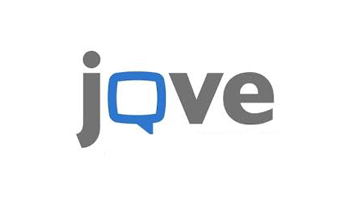
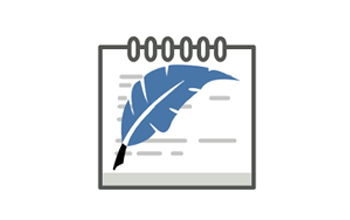
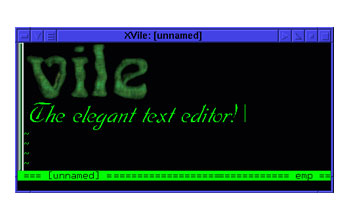
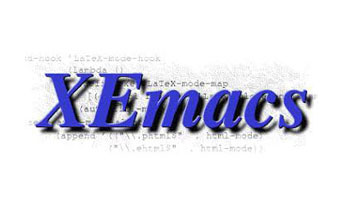
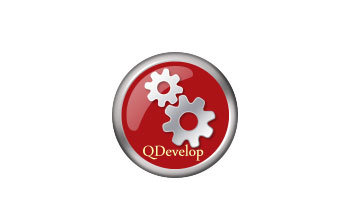
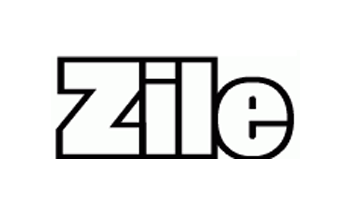
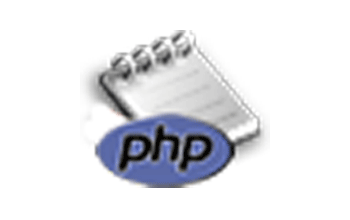
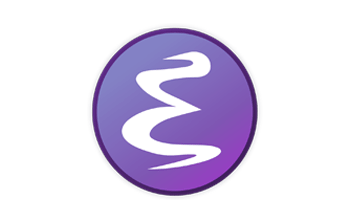


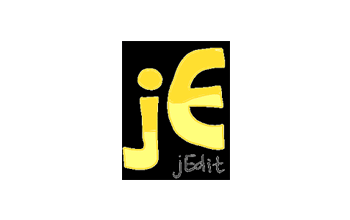
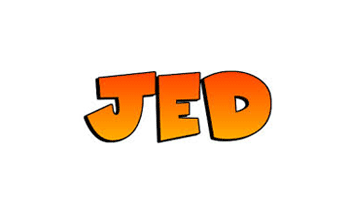


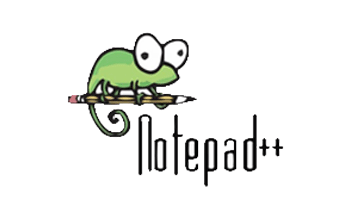
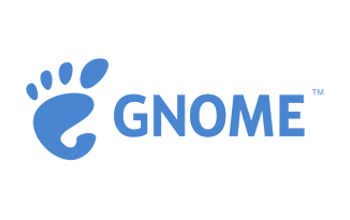
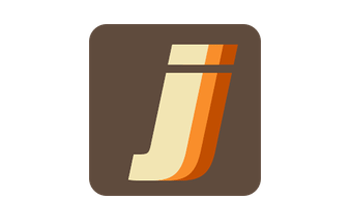



 feedback
feedback

